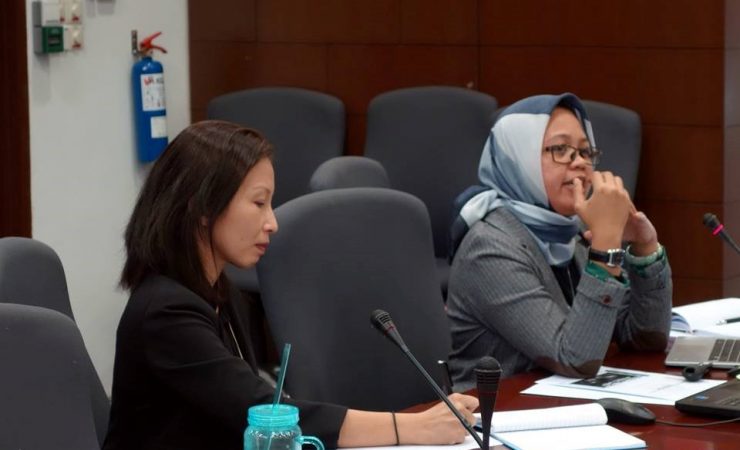UNAIR NEWS – The mass media in August 2019 was full of news about the first chemical castration punishment in Indonesia. It was an implementation of Law No. 17 of 2016 Article 18 paragraph (7) which regulates additional punishment for rape convicted persons in the form of chemical castration.
A lecturer in criminal law, criminology, and victimology, Faculty of Law, Universitas Airlangga, Amira Paripurna, S. H., LL. M., PhD., gave a response to the castration penalty with pros and cons. Amira explained that the convicted person committed sexual violence against more than one child, so the punishment was increased. Punishment can be in the form of capital punishment, life imprisonment, or imprisonment of 10-20 years as well as the possibility of chemical castration.
In a system of imposing sanctions in criminal law, it can be divided into criminal and action. The focus of criminal sanctions is aimed at the wrongdoing done through the imposition of suffering, so the perp will felt the deterrent. It emphasizes the elements of retaliation and sanctions for actions emphasize community protection and guidance or care for the perpetrators.
“As the mention criminal law was an act of chemical castration, is there is a spirit to foster and treat the perpetrators,” said Amira who is also a researcher at HRLS.
Amira also said that as a legal expert, she could not say whether the chemical castration is proper from the health aspects. According to him, the pros and cons in society today are still not well understood. There should be a synergy between the community, officials, and stakeholders (doctors / IDI).
For the protection of victims, Law No. 17 of 2016 is strong enough to provide a mandate to the government and even to the community related to protection of child victims of sexual violence. Almost in each region, there are centers for child protection, service institutions for child victims of violence, in terms of sanctions for perpetrators have been aggravated.
Amira revealed that law enforcement must also be fair. Do not let the perpetrator get leniency when they have social status in the community, but if the perp is from a lower class, then the sentence is increased. Law enforcement for the perpetrators should have a deterrent effect and make them not to repeat mistakes. (*)
Author: Aditya Novrian
Editor: Khefti Almawalia





